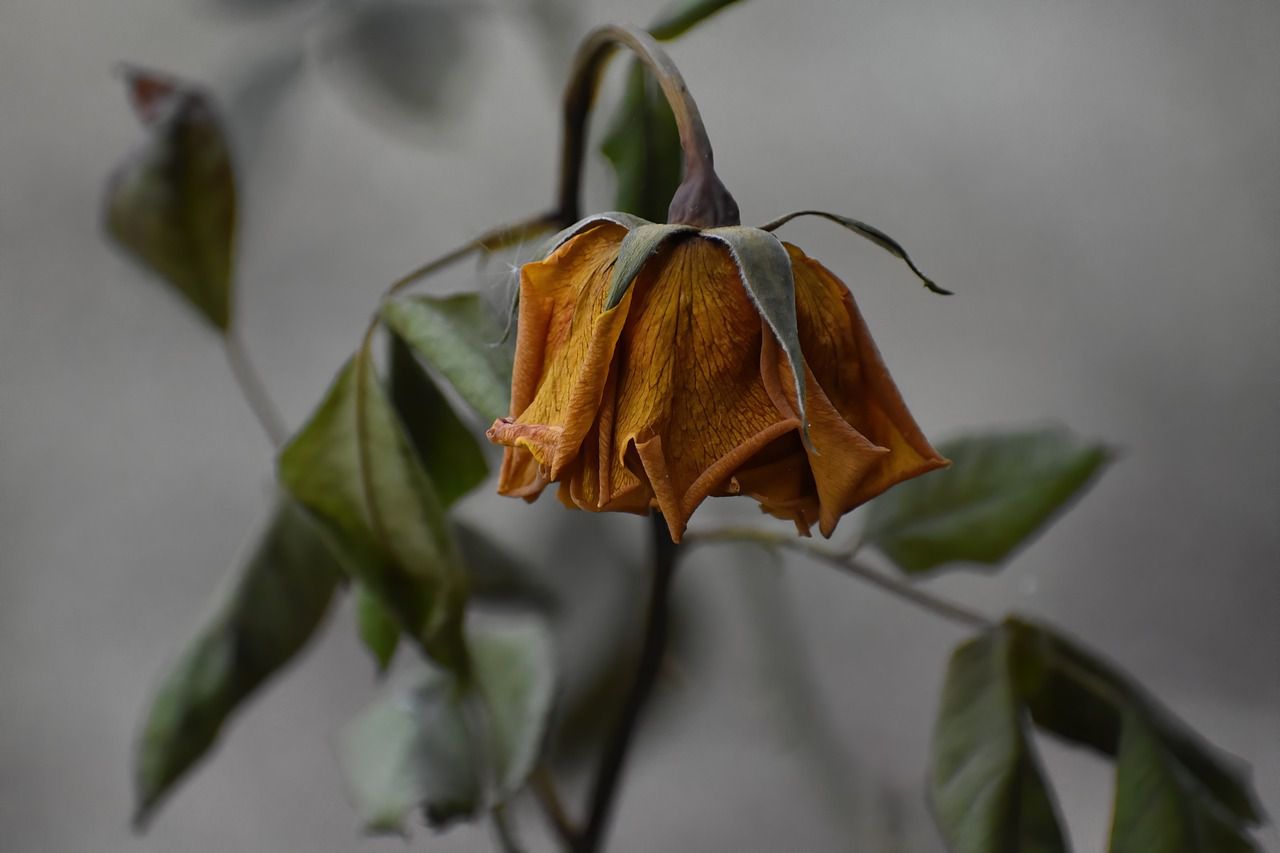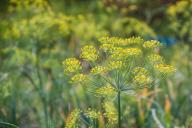Lots of people want to have a thriving garden full of roses, but it's not that easy to grow it.
Growing healthy roses can be a challenging endeavor for several reasons.
Let's fnd out more.
Disease susceptibility
Roses are susceptible to various diseases, including powdery mildew, black spot, rust, and rose rosette disease.
These diseases can weaken the plant, cause leaf drop, and even kill the rose if left untreated.

Controlling and preventing these diseases often requires regular monitoring and treatment with fungicides.
Insect pests
Roses are also attractive to insect pests such as aphids, thrips, and Japanese beetles.
These pests can damage the foliage and flowers, reducing the overall health and beauty of the rose plant.
Managing insect infestations may require the use of pesticides or integrated pest management strategies.
Climate and weather
Roses have specific climate preferences and can be sensitive to extreme weather conditions.
They often thrive in regions with moderate temperatures and well-distributed rainfall.
Harsh winters, extreme heat, or drought can stress rose plants and make them more susceptible to diseases and pests.
Soil quality
Roses prefer well-drained, fertile soil with a slightly acidic to neutral pH.
Poor soil quality can lead to nutrient deficiencies, which can affect the health and vigor of the plant.
Amending the soil with organic matter and fertilizing appropriately can help address these issues.









